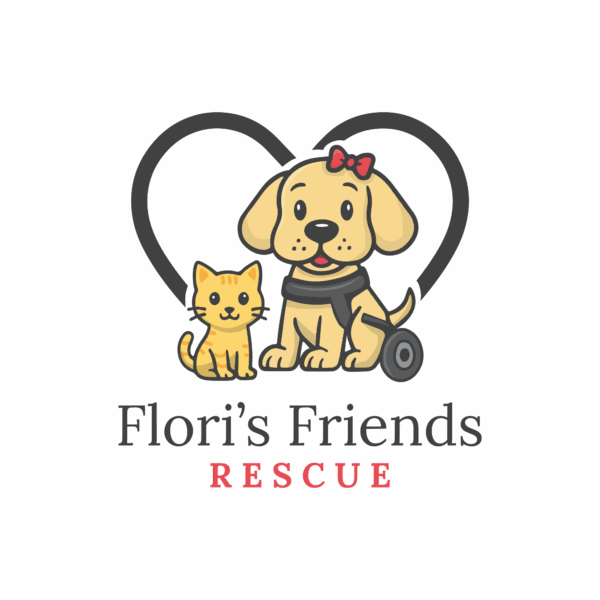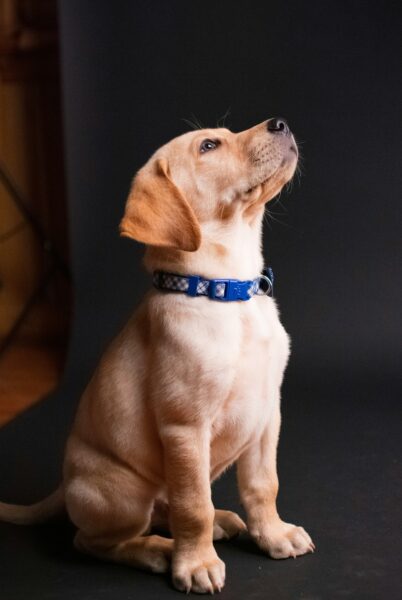Many people choose to adopt a puppy over an adult dog hoping that they will run into less problems getting their dog to fit into their lifestyle. This is a logical theory that can become a success with lots of hard work and repetition. Sadly, many rescues are seeing adolescent dogs returned or handed in with a whole host of behavioural issues all due to lack of socialisation and training as a puppy.
A puppy’s socialisation period is key to their development, as their ability to learn about new things doesn’t last forever. Sadly, dogs that haven’t been socialised at a young age tend to be more anxious and unsure about how to react, resulting in behaviour problems and fears and phobias. This can have a big impact on a dog and owner’s quality of life.
There are lots of things you can do to help your puppy learn about the world around them in a positive way – including sights, sounds, smells, places, new people and new dogs (before you socialise your puppy with other dogs, always ask your vet when your puppy will be protected by their vaccinations).
To help you get started with socialising your puppy, here are some of our top socialising tips:
- Make sure that their experiences are good – Socialisation needs to be positive, so you’ll need to find ways to make sure your puppy enjoys the new things they come across. You could do this by using treats, toys and praise
- Aim for a variety of experiences – Allow your puppy to experience and meet a wide variety of people, sounds, smells and places to make sure they get used to all of the things they might come across during their life with you.
- Don’t introduce too many new experiences in one day – Instead, spread them out over several days if needed, aiming for short, positive experiences which you can repeat until your puppy is happy with them. Overload can cause anxiety, stress and over tiredness all of which impact your puppy’s ability to learn.
- Time alone – It’s important that your puppy gets used to being without you. Leave your puppy for a few minutes at first, such as while you’re making yourself a cup of tea. Gradually build up the time until they’re happy to be left in the house on their own for longer periods.
- Keep a close eye on your puppy whilst playing with other dogs – Don’t let their play get too boisterous or over-excited. Try to stick with friendly dogs that you know to start with and watch the body language of both dogs – take your puppy away if it’s starting to get a bit too much for either of them.
- Keep a clear routine – Dogs love routine and a regular routine can help eliminate anxiety.
- Attend puppy classes or socialisation groups – This will give them a great chance to meet other puppies and get used to a range of other dogs. Your local vet will likely have a list of local puppy classes.
- Get your puppy used to being in the car.
- Socialisation sounds / playlists – These are a great way to get your puppy used to noises they will hear during their lifetime – especially if your puppy is unlikely to hear them in real life during that all important socialisation period. Noises such as fireworks can be very overwhelming for adult dogs if they have not heard them as pups.
Newsletter Sign Up
Don’t miss out and join our monthly newsletter!

